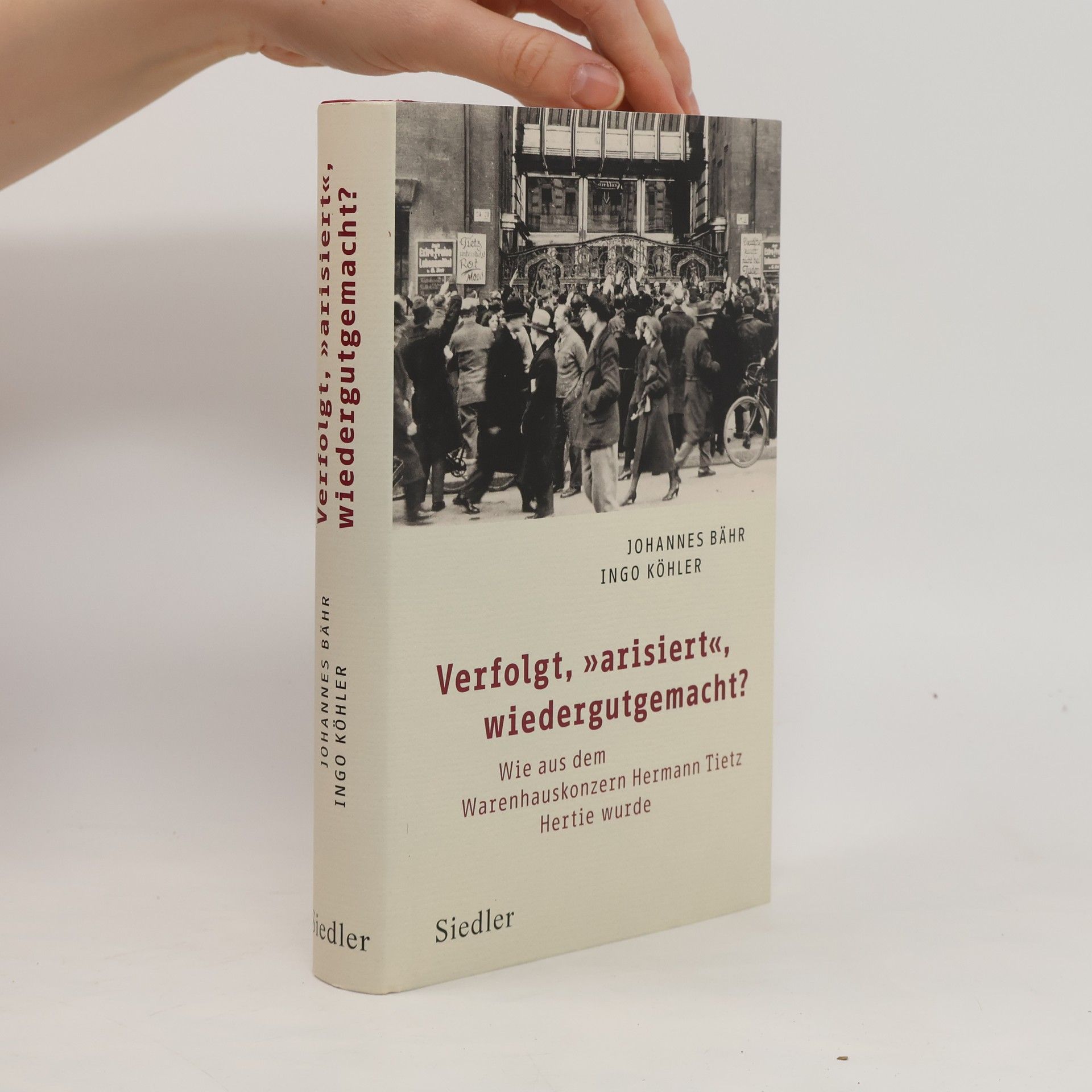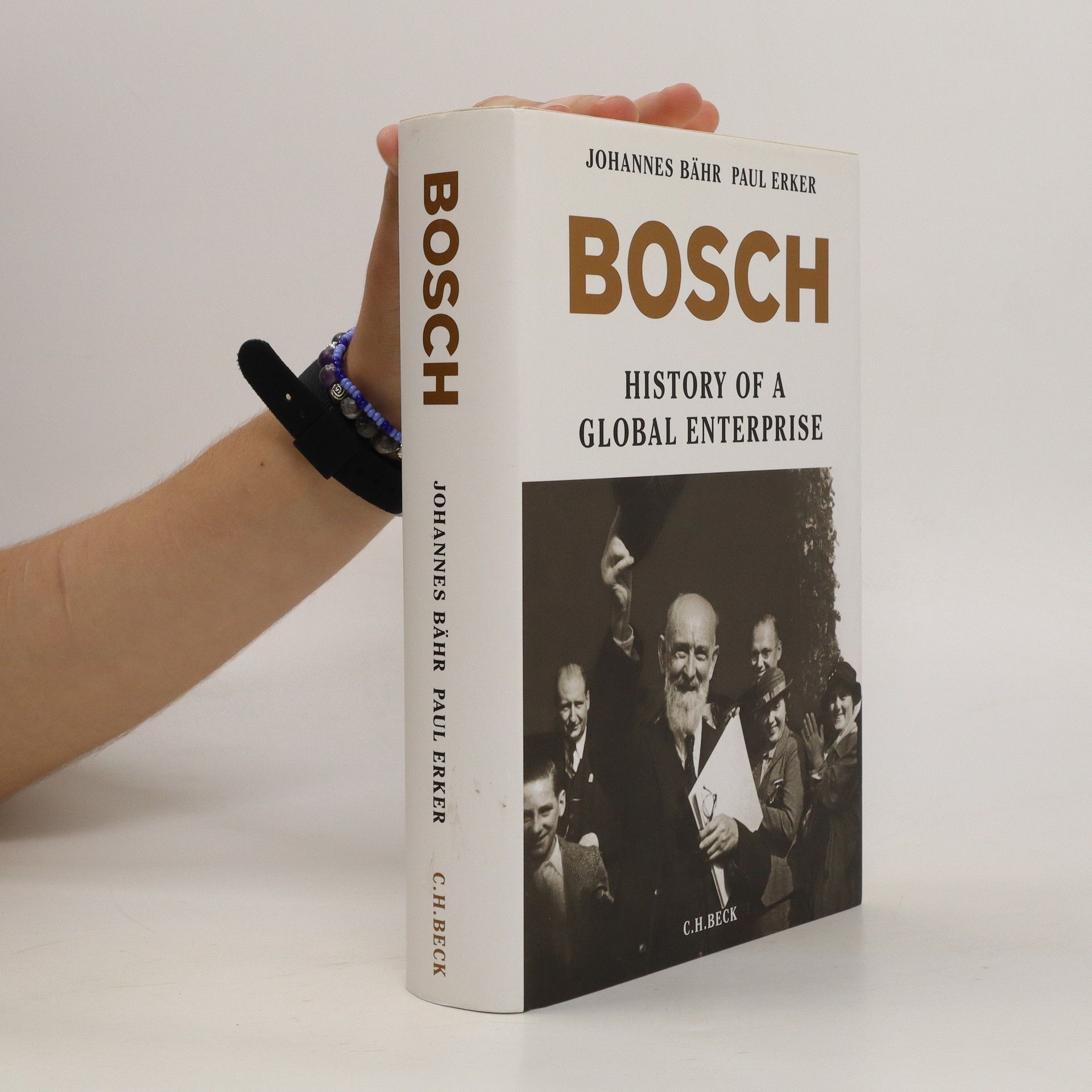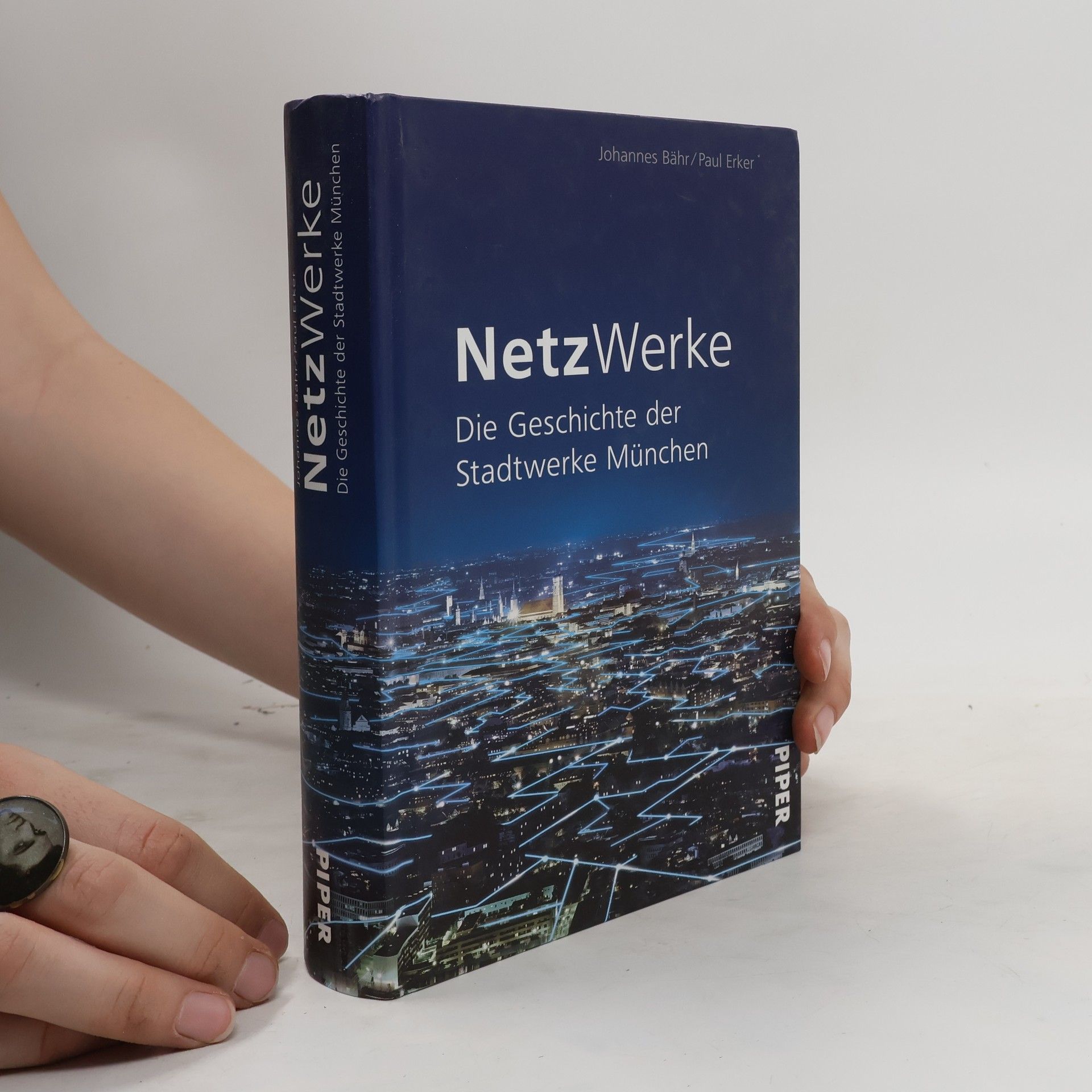Carl Friedrich von Siemens 1872-1941
- 448pages
- 16 heures de lecture
Entrepreneur in an Age of Upheaval Carl Friedrich von Siemens was one of the significant business figures in an era filled with crises and turmoil. He became “Head of the House of Siemens” after World War I and managed the company throughout the German Great Inflation and the Great Depression, as well as during the Third Reich and into the early years of World War II. This biography provides the first comprehensive portrait of the personality and diverse accomplishments of a man who reorganized the Siemens companies, headed the Reichsbahn national railroad for ten years, and served politically as a delegate from a democracy-supporting party. The study shows how he increasingly turned away from party politics, and how his position evolved yet again during the Third Reich, from compliance with the regime to a growing personal alienation. Ausstattung: Zahlreiche Abbildungen in s/w und in Farbe






